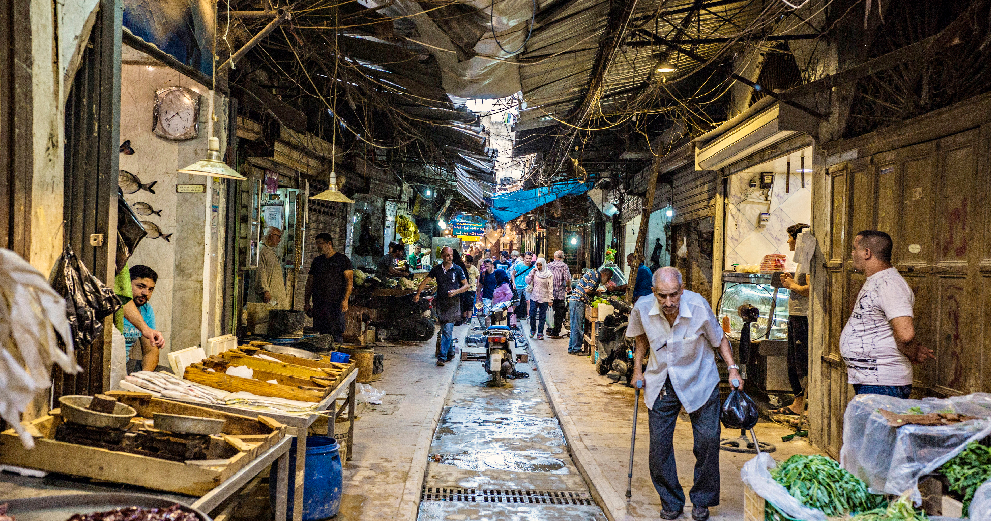The war in Gaza has drastically reduced life expectancy in the territory, with new data from The Lancet showing a drop from 75.5 years to a shocking 40.6 years, based on data gathered between October 2023 and September 2024. This staggering decline underscores the devastating toll of the conflict, highlighting the sheer scale of lives lost, particularly among younger generations who will now never reach older age.
The extreme mortality rate is not only erasing future generations of older people but also shattering the social fabric that relies on inter-generational support. Families are being torn apart, leaving today’s older people without caregivers, while the long-term impact will see a future with fewer older people to pass down knowledge, provide guidance, and hold communities together.

